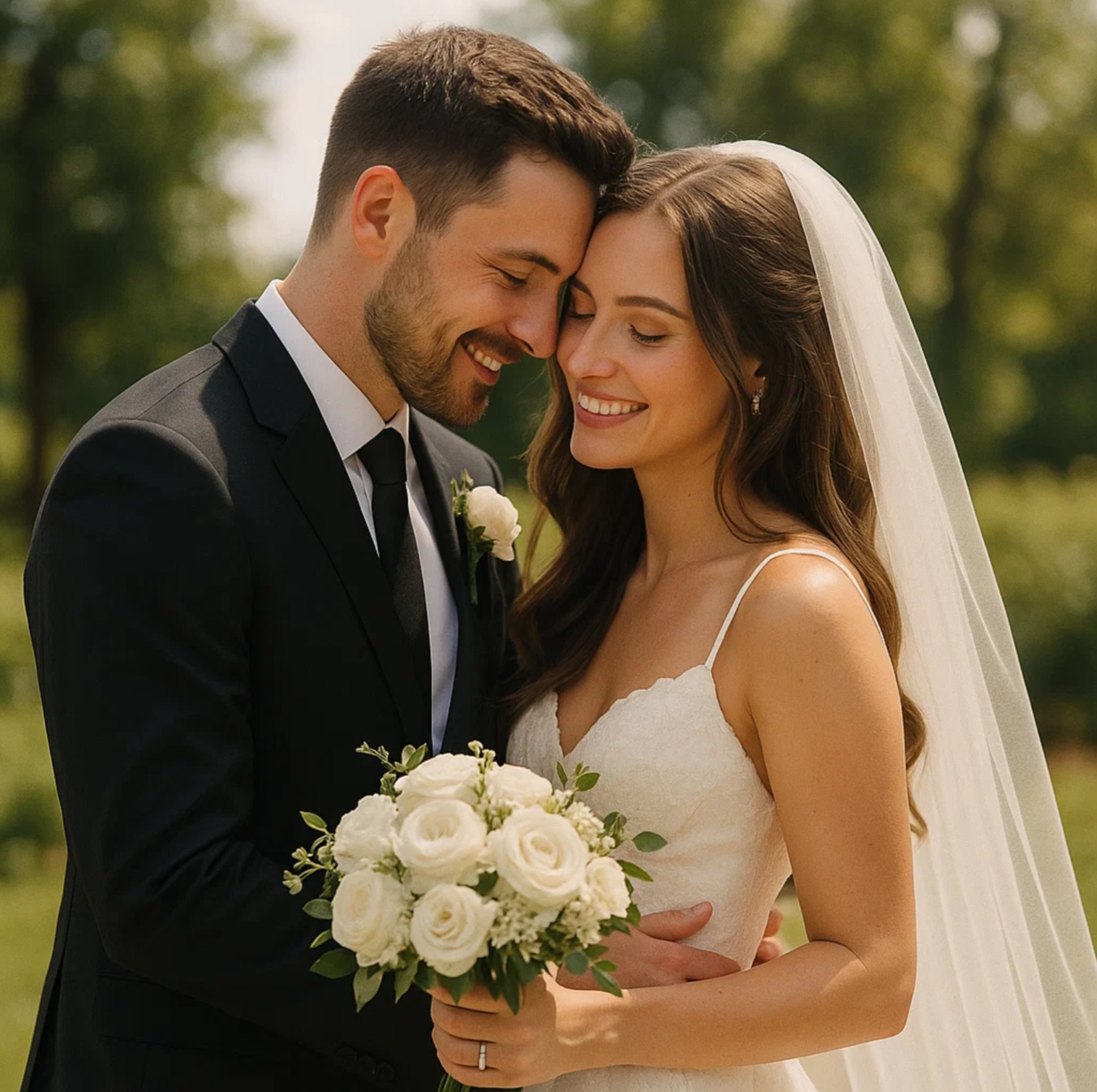
Speak wedding Spanish!
💍Let’s Talk Weddings: Key Words and Traditions
Weddings are full of emotion, food, music… and of course, colorful vocabulary! If you’re learning Spanish and find yourself watching a telenovela, attending a class on Hispanic culture or even going to a real Spanish-speaking wedding, you’ll want to know how people talk about it and what makes weddings in Spain different from those in Latin America.
Let’s break down some key words, expressions and fun facts that will help you sound more natural and confident at any boda.
💒 What does boda mean?
In Spanish, the word for “wedding” is boda and it’s always feminine: la boda. So you’ll hear phrases like:
Voy a una boda este sábado.
I’m going to a wedding this Saturday.
Fue una boda preciosa.
It was a beautiful wedding.
The word casamiento also means wedding, but it’s used more in Argentina and Paraguay and sounds slightly more formal or traditional.
🥂 Spanish verbs for “getting married”
In Spanish, many verbs used to talk about weddings are reflexive. That means the action “reflects” back on the subject; in other words, the person does something to themselves. You’ll often spot reflexive verbs by the reflexive pronoun at the end of the infinitive.
Here are a few must-know verbs that go beyond just “to marry”:
casarse – to get married
→ Mis amigos se casan en junio.
darse el sí quiero – to say “I do” (literally, “to give the ‘yes I want [to]’ ”)
→ Los novios se dieron el sí quiero en la iglesia.
📝 That sí has an accent — it’s the emphatic kind. [See why it matters: sí vs si]
irse de luna de miel – to go on a honeymoon
→ Se fueron de luna de miel a Colombia.
💘 Bonus vocabulary: Talking about love in Spanish
Weddings are all about love so here are some extra words and phrases that help you talk about relationships, feelings and romance in Spanish; plus a list of the most common words related to weddings.
🎊 Fun expressions you’ll hear at a wedding
Weddings are full of life and Spanish is full of expressions to match! Here are a few that add flair to your wedding talk:
¡Que vivan los novios! – “Long live the bride and groom!” (shouted during the celebration)
una boda por todo lo alto – a fancy, over-the-top wedding
vestido de novia / traje de novio – wedding dress / groom’s suit
tirar el ramo – to throw the bouquet
estar de boda – to be attending a wedding (or partying like you are!)
Ayer estuvimos de boda hasta las tres de la mañana.
We were at the wedding until 3 a.m.
🌎 Spain vs. Latin America: Do they celebrate weddings the same way?
Not quite. While many traditions overlap, there are some cool regional differences:
In Spain, weddings often start late in the day and go until sunrise. Expect formal dress codes, fancy venues, and a party that includes jamón ibérico, live music and late-night dancing.
In Mexico, a typical wedding includes religious elements like the lazo (a symbolic lasso placed around the couple) and arras (13 gold coins the groom gives the bride). Dancing may include traditional mariachi and even the “snake dance” (la víbora de la mar).
In many other Latin American countries, weddings combine Catholic customs with regional flair. Some include live cumbia or salsa, and others feature local drinks and foods that make the reception very personal.
So yes, it’s all about love, but also about culture!
🎉 Fun fact
In Spain, it’s common to give money as a wedding gift, often in an envelope or via bank transfer. In contrast, in many Latin American countries, people still use a gift registry (lista de bodas). Either way, don’t show up empty-handed!
✨ Final Tip
Weddings are about connection and so is language. If you’re learning Spanish and want to sound more natural, pick up some of these expressions, listen to how locals talk about bodas and don’t be afraid to join the celebration (even if only through conversation). Whether you’re watching Velvet, listening to Latin pop or crashing a wedding in Barcelona, knowing how to talk about bodas will take your Spanish one step further.
¡Y que vivan los novios! 💃🥂